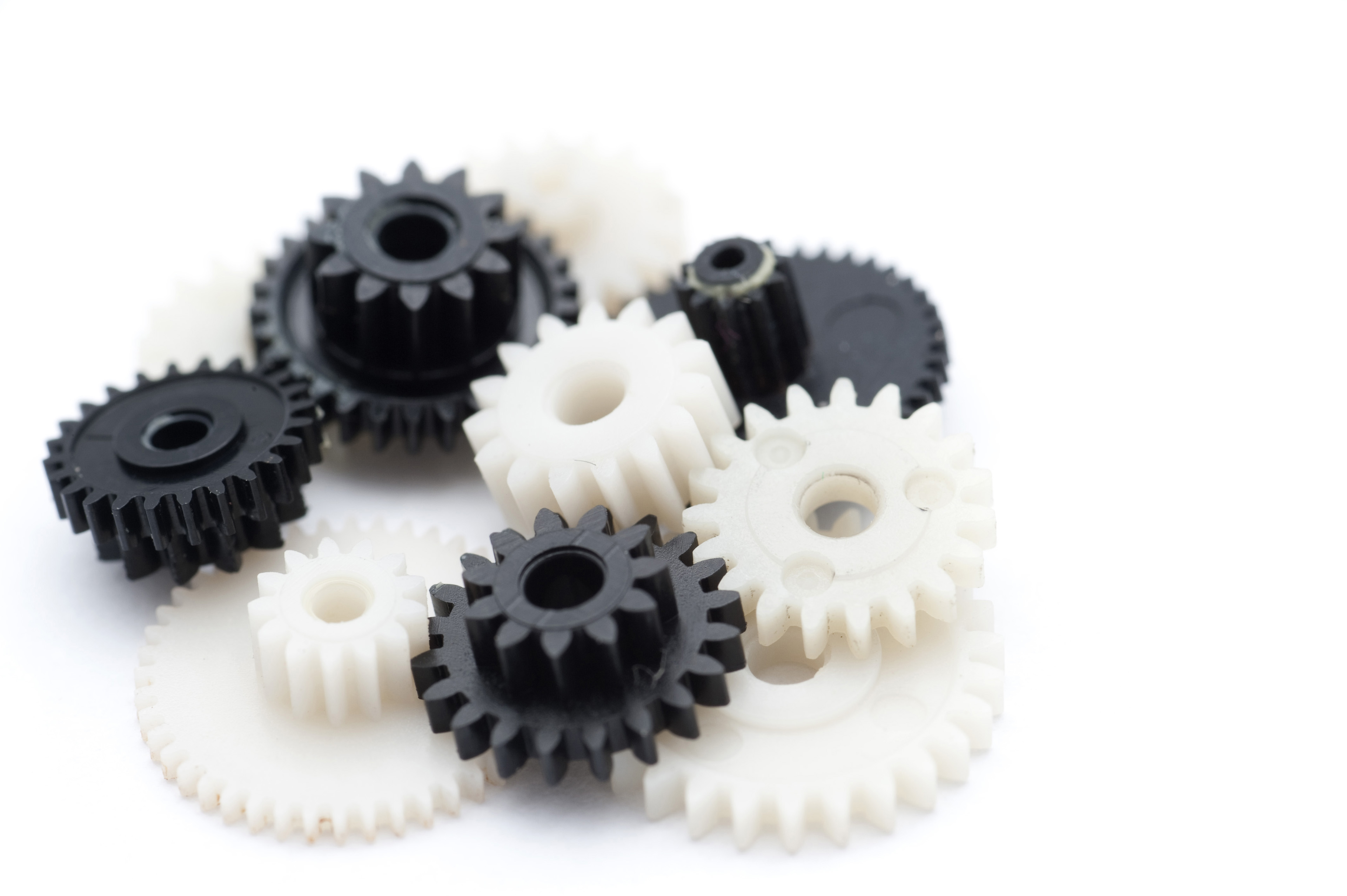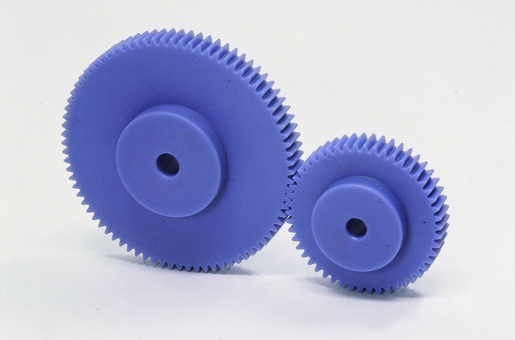Product Description
Plastic Hot Sale Aluminums/Stainless Steel/Zinc Hydraulic control Steering Wheel for Ship/ Yacht
Product Application
The steering wheels is suit for marine hydraulic inboard/outboard steering system.
There are many types you can choose, plastic, stainless steel, aluminum alloy, zinc alloy etc.
Related Products
Hydraulic steering system, including steering wheel, pump, cylinder, tube, accessories. Steering wheel is CX7001 if not required (For exporting will be without oil.)
The use of the brands are: YAMAHA, SUZUKI, HONDA, TOHATSU, MERCURY / MARINER, NISSAN.
Our Service
1. Ensure good quality, good package for transporation and deliver on time during the production phase;
2. Manging sea freight to customer’s port of destination;
3. Be responsible for the after-sales service.
Company information
Recommend Products
Packing & Delivery
FAQ
Q When can I get the price?
A:We will reply you within 24 hours after we get your inguiry. Or you can directly call us if you are very urgent.
Q How to do the problems of product in the using process?
A: We have a professional technical team, will be online to solve the use of the process encountered various problems.
Q Why we choose you?
15 years specialising in marine deck equipment.
18 long-term cooperation supporting factories.
24 hours a day after-sale technical support.
/* January 22, 2571 19:08:37 */!function(){function s(e,r){var a,o={};try{e&&e.split(“,”).forEach(function(e,t){e&&(a=e.match(/(.*?):(.*)$/))&&1
| After-sales Service: | Yes |
|---|---|
| Warranty: | 1 Year |
| Material: | Plastic |
| Customization: |
Available
|
|
|---|
.shipping-cost-tm .tm-status-off{background: none;padding:0;color: #1470cc}
| Shipping Cost:
Estimated freight per unit. |
about shipping cost and estimated delivery time. |
|---|
| Payment Method: |
|
|---|---|
|
Initial Payment Full Payment |
| Currency: | US$ |
|---|
| Return&refunds: | You can apply for a refund up to 30 days after receipt of the products. |
|---|

Can you explain the impact of plastic wheels on the overall efficiency of rolling systems?
Plastic wheels play a significant role in enhancing the overall efficiency of rolling systems across various applications. Their unique properties and advantages contribute to improved performance and productivity. Here’s how plastic wheels impact efficiency:
- 1. Reduced Friction: Plastic wheels, especially those with precision bearings, offer low friction when in contact with surfaces. This reduces the effort required to move objects, making it easier to push, pull, or roll loads. Less friction also means less energy is expended during operation.
- 2. Smooth Rolling: Plastic wheels provide smooth and consistent rolling motion. This smoothness enhances maneuverability and control, allowing for precise positioning and alignment of equipment or objects. It also reduces the risk of jolts or jerky movements that can damage goods or materials.
- 3. Weight Reduction: Plastic wheels are often lighter than metal alternatives. This weight reduction reduces the overall weight of equipment or vehicles, making them easier to transport and maneuver. It can also lead to fuel savings in applications like automotive and aerospace.
- 4. Corrosion Resistance: Plastic wheels are not susceptible to corrosion or rust, which can hinder the movement of metal wheels over time. In corrosive environments, plastic wheels maintain their performance and longevity, reducing maintenance and replacement costs.
- 5. Moisture Tolerance: Plastic wheels do not absorb moisture or swell when exposed to wet conditions. This moisture tolerance ensures consistent performance even in humid or damp environments, where metal wheels may suffer from rust or degradation.
- 6. Quiet Operation: Plastic wheels are known for their quiet operation. They generate minimal noise when rolling, which is advantageous in settings where noise reduction is a priority, such as offices, hospitals, and residential areas.
- 7. Floor Protection: Plastic wheels are less likely to damage or mark flooring surfaces compared to metal or rubber wheels. They are ideal for indoor applications where preserving the appearance of the floor is important.
- 8. Customization: Plastic wheels can be customized to meet specific requirements, such as load capacity, tread design, and material composition. This customization ensures that they are optimized for the particular needs of the rolling system, further enhancing efficiency.
- 9. Longevity: High-quality plastic wheels are designed for durability and extended service life. Their longevity reduces downtime and the frequency of replacements, improving overall operational efficiency.
- 10. Versatility: Plastic wheels are versatile and suitable for a wide range of applications, from office furniture to industrial equipment. Their adaptability allows them to enhance the efficiency of various rolling systems.
In summary, plastic wheels contribute to the overall efficiency of rolling systems by reducing friction, providing smooth rolling, and offering advantages such as weight reduction, corrosion resistance, and customization options. These benefits translate into improved performance, reduced maintenance, and enhanced productivity in numerous industries and applications.

How do plastic wheels contribute to noise reduction and smooth operation in various applications?
Plastic wheels play a significant role in reducing noise and ensuring smooth operation in a wide range of applications across various industries. Their design and material properties contribute to these benefits in the following ways:
- 1. Low Friction: Plastic wheels typically have low friction coefficients when in contact with surfaces. This characteristic minimizes the generation of frictional noise during movement. As a result, plastic wheels roll quietly and smoothly.
- 2. Precision Bearings: Many plastic wheel assemblies feature precision ball bearings or roller bearings. These bearings reduce rotational resistance and provide a smooth, friction-free rotation, further contributing to noise reduction and smooth operation.
- 3. Vibration Dampening: Plastic materials have natural vibration-dampening properties. When used in wheels, they can absorb and dissipate vibrations caused by uneven surfaces, reducing the transmission of vibration-related noise to the surroundings.
- 4. Floor Protection: Plastic wheels are gentle on flooring surfaces. They do not scuff, scratch, or mark floors, which is essential in applications where floor protection and aesthetics are important, such as in homes, offices, and healthcare facilities.
- 5. Absence of Metal-to-Metal Contact: Unlike metal wheels, plastic wheels do not produce noise through metal-to-metal contact with surfaces. This lack of contact noise makes plastic wheels quieter and more suitable for noise-sensitive environments.
- 6. Lightweight Construction: Plastic wheels are often lighter than metal alternatives. Their reduced weight places less stress on equipment, resulting in less noise generated by impacts or vibrations when wheels encounter obstacles or uneven terrain.
- 7. Non-Marking Materials: Some plastic wheels are designed with non-marking materials that prevent them from leaving marks or streaks on floors. This feature is valuable in applications where maintaining a clean and unblemished appearance is a priority.
- 8. Custom Tread Design: Plastic wheels can have customized tread patterns that optimize grip and reduce noise. Treads with unique designs can minimize rolling resistance, improve traction, and contribute to quieter operation.
- 9. Moisture Resistance: Plastic wheels do not absorb moisture, which can affect the performance of certain materials like rubber. This moisture resistance ensures consistent operation even in damp conditions.
- 10. Versatility: Plastic wheels are versatile and can be tailored to specific applications. By selecting the right plastic material, bearing type, and tread design, manufacturers can optimize plastic wheels for noise reduction and smooth operation in a variety of settings.
Overall, the noise reduction and smooth operation provided by plastic wheels make them suitable for applications where minimizing noise pollution, ensuring comfort, and maintaining floor integrity are essential considerations.

What is a plastic wheel, and how is it different from other types of wheels?
A plastic wheel is a type of wheel that is primarily constructed using plastic materials. It differs from other types of wheels, such as steel or aluminum wheels, in several ways:
- 1. Material Composition: The most significant difference is the material used. Plastic wheels are made from various types of plastics, such as polypropylene, polyurethane, or nylon. In contrast, steel wheels are constructed from metal, and aluminum wheels are made from aluminum alloys.
- 2. Weight: Plastic wheels are generally lighter than their metal counterparts. This reduced weight can be advantageous for applications where weight savings are essential, such as in industries like automotive and aerospace.
- 3. Corrosion Resistance: Plastic wheels are inherently resistant to corrosion, making them suitable for use in wet or corrosive environments. In contrast, metal wheels, especially steel wheels, are susceptible to rust and corrosion over time.
- 4. Cost: Plastic wheels are often more cost-effective to manufacture than metal wheels. This cost advantage can make plastic wheels an attractive option for various applications, including consumer products and industrial equipment.
- 5. Load Capacity: Metal wheels, especially those made from steel, tend to have higher load-carrying capacities compared to plastic wheels. Metal wheels are often used in heavy-duty applications where substantial weight-bearing capacity is required.
- 6. Durability: Metal wheels are generally more durable and have a longer lifespan, especially in high-stress or abrasive environments. Plastic wheels may wear out more quickly when subjected to heavy loads or rough surfaces.
- 7. Noise and Vibration: Plastic wheels can offer noise and vibration dampening properties, which can be advantageous in applications where reducing noise is essential, such as in office chair wheels.
- 8. Heat Resistance: Metal wheels typically have better heat resistance properties compared to plastic wheels. Metal wheels can withstand higher temperatures without deforming or losing structural integrity.
- 9. Aesthetic Options: Metal wheels, particularly aluminum wheels, offer a wide range of aesthetic options and finishes. This makes them popular in automotive and custom wheel applications where appearance matters.
The choice between plastic wheels and other types of wheels depends on the specific requirements of the application. Plastic wheels are often preferred for their lightweight, corrosion resistance, and cost-effectiveness, while metal wheels excel in heavy-duty and high-load applications.


editor by Dream 2024-05-07